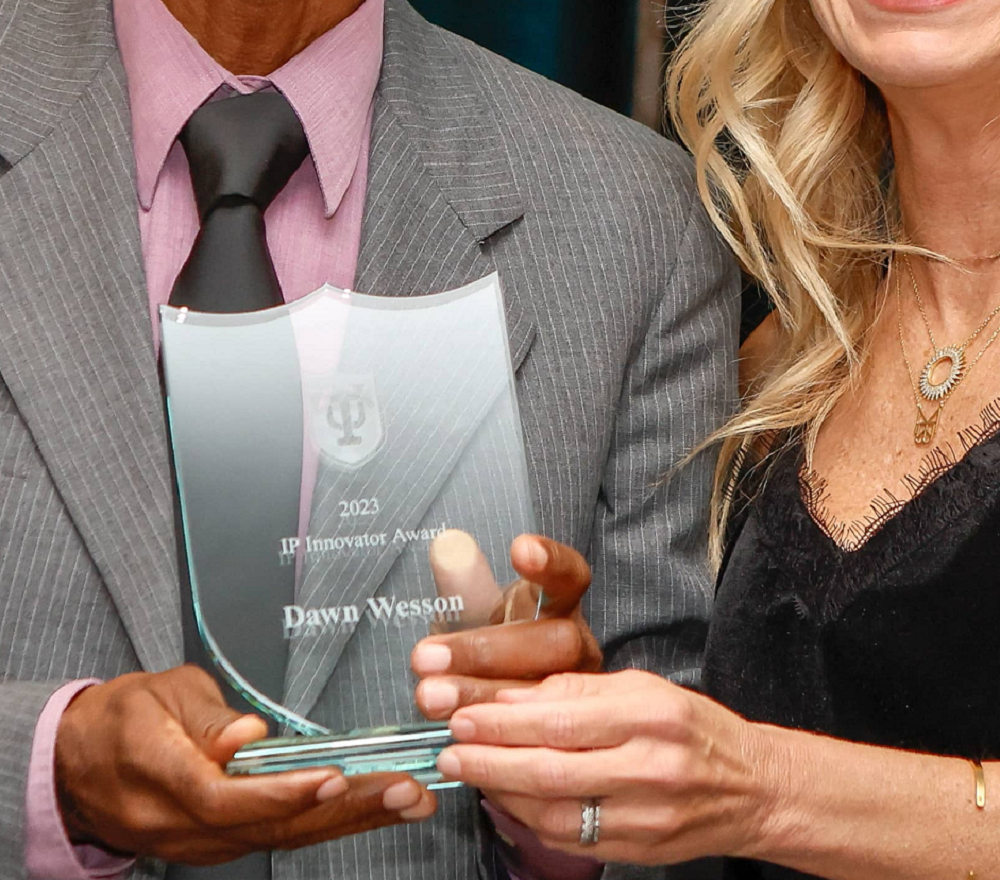Participation awards have been a topic of heated debate in recent years, with critics arguing that they promote a sense of entitlement and diminish the value of individual achievements. However, when it comes to team sports, participation awards play a crucial role in fostering a positive team culture and teaching valuable life lessons.
In team sports, success is rarely achieved by the efforts of a single superstar. It takes the collective support and hard work of teammates to build a strong and cohesive winning team. Participation awards recognize the contributions of each team member, emphasizing the importance of teamwork and collaboration. They encourage young athletes to show up for practice, finish what they start, give their best effort, and develop a positive attitude. Their efforts and commitment to the team will make all teammates better individually and perform as a better team. On a larger or more notable scale, when a NFL team wins the Super Bowl, its just not the MVP who receives the ring, its not only the starting line-up, its not only the players; it is the team, the support staff, management and coaches who receive the NFL Championship ring.
Participation awards teach invaluable life lessons that extend far beyond the realm of sports. Young athletes learn the value of commitment, perseverance, and dedication. They understand the significance of working together towards a common goal and the impact it can have on the overall success of the team. These lessons go hand in hand with the development of essential skills such as communication, empathy, and leadership.
Most young athletes and coaches recognize the talent and athleticism of individual players early in a season or their career. Great athletes and coaches understand that they are each responsible to the success of the team, not the individual player. Every player has a role to play on a team. It is always better to care more about the name on the front of the Jersey than the name on the back of the Jersey.
Last year, I was coaching a youth, 10-12, recreation basketball team that I had mentored the same kids for three years. They had developed into a good team with lots of individual talent, but mutual respect for the other players. I was assigned a new player, Donald (not his real name) at the beginning of the season that had never played basketball or even been on any sports team. Donald was home-schooled, had some learning challenges, a single mom, two younger siblings and his only knowledge of basketball was limited dribbling in his driveway. What Donald lacked in talent, he made up for with his commitment to be at every practice. He always showed up on time and always was ready to help where and when needed. His attitude was infectious, and he quickly became an important part of our team. We had a great season and were fortunate to win the championship. When we passed out the championship rings, Donald was recognized by the others on the team, not for his talent, but for his positive attitude and commitment. I should also point out that his mom came to every practice and his siblings would often do their homework on the bleachers so Donald could practice. The commitment that Donald had to the team was reinforced by the commitment that his mom had to him, because she knew that it was important to him. I watched Donald develop into a good teammate, a more dedicated player and more confident person.
Critics often argue that participation awards diminish the drive for individual achievement. However, a true teammate recognizes that their success is intertwined with the success of the entire team. They understand that they cannot be their best without the support and contributions of their peers. By acknowledging the efforts of each team member, participation awards instill a sense of humility and foster appreciation for the collective effort.
Recognizing individuals as part of a team does not undermine the importance of individual achievements; rather, it instills a sense of service to a greater cause. Young athletes learn that their success is not solely dependent on personal accomplishments but also on their ability to support and uplift others. This understanding translates into many aspects of life, promoting a culture of cooperation and collaboration. Lessons learned on the field or court will help as they navigate school, work, family and other challenges.
Participation awards in team sports are not about diminishing individual achievements; they are about fostering a positive team culture, teaching life lessons, and instilling a sense of service to a greater cause. Emphasizing the value of teamwork, commitment, and collaboration, these awards contribute to the holistic development of young athletes. By recognizing the efforts of each team member, we create an environment that promotes growth, empathy, and the understanding that success is best achieved together.
There are lots of kids like Donald who become better through their active participation in team sports.



